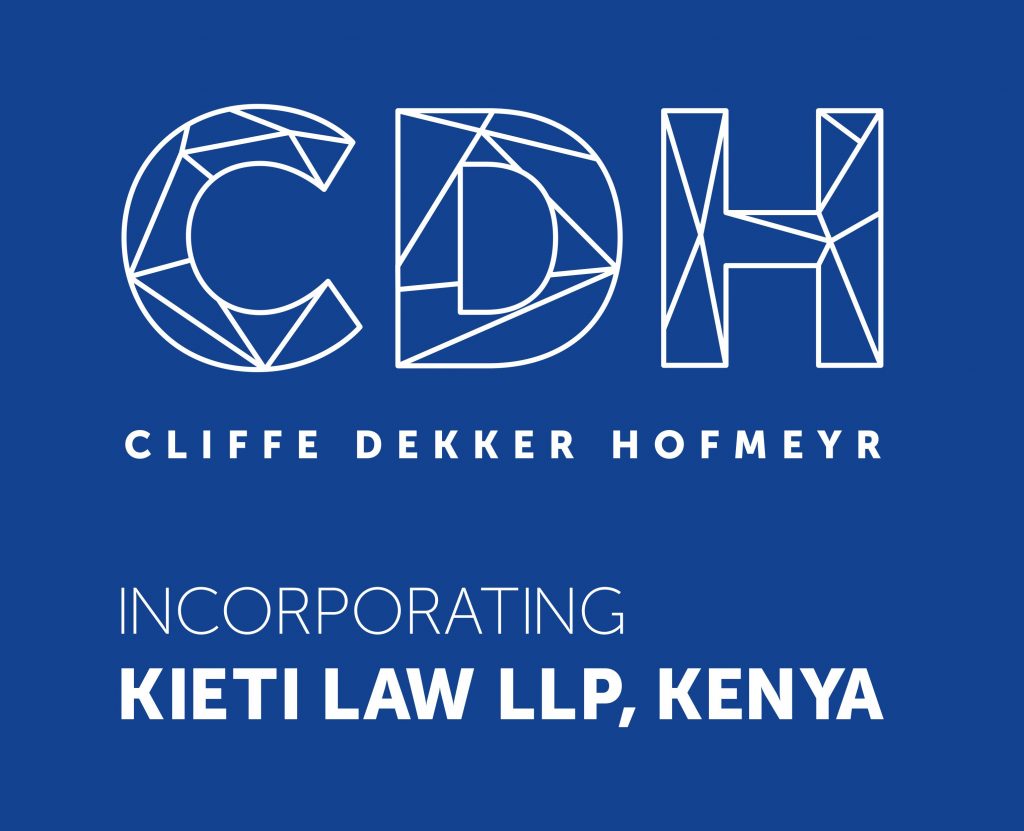

What happens when the Master of the High Court (Master) accepts or rejects a creditor’s claim in liquidation proceedings and the affected person wishes to challenge the decision?
This was the issue before the Eastern Cape Division of the High Court, Makanda (High Court). The High Court determined that a creditor’s claim which had already been proved and accepted by the Master could not be lawfully contested in court proceedings, other than in terms of the Insolvency Act 24 of 1936 (Act), which allows for a review of the Master’s decision.
The courts ruling
That decision was taken on appeal to the Supreme Court of Appeal (SCA) in Mantis Investments Holdings v De Jager N O (696/2022) [2023] ZASCA. Werner De Jager N.O. and Carol-Ann Schröder N.O. were the liquidators of No. 1 Watt Street (Pty) Ltd (Watt Street).
During 2005, the Eastern Cape Development Corporation (ECDC) advanced a loan to an entity called Bushman Sands Development (Pty) Ltd (Bushman Sands). Watt Street, before it went into liquidation, bound itself as surety and co-principal debtor, with Bushman Sands, to the ECDC. Bushman Sands failed to repay the loan to the ECDC, which led to the ECDC instituting action proceedings in the Eastern Cape Division of the High Court, Gqeberha (Gqeberha High Court) against both Watt Street and Bushman Sands for payment of the amount of R19 million (the action proceedings). Watt Street defended the action proceedings.
However, shortly before the commencement of the trial in the action proceedings, Mantis Investments Holdings (Pty) Ltd (Mantis), represented by Mr Gardiner, brought an application in the Gqeberha High Court for the liquidation of Watt Street on the basis that Mantis was the creditor of Watt Street for an amount of about R2,5 million arising from loans advanced to Watt Street. Mantis was also a shareholder of Watt Street.
In November 2014, Watt Street was finally wound-up. Subsequently, both the ECDC’s and Mantis’s claims against Watt Street were approved by the Master in terms of section 44 of the Act. Mantis disputed the ECDC’s claim, but did not seek to review the decision.
Challenging the Master’s decision
For various reasons, however, Mantis sought to challenge the decision by the Master to approve the ECDS’s claim, denying that the amount claimed by the ECDC was due, owing and payable to the ECDC.

Imager By: Canva
The liquidators filed a replication in which they contended that (i) the Master’s decision to admit the ECDC’s claim constituted an administrative action which existed as a fact and had legal effect until set aside, (ii) neither of the appellants sought to review the Master’s decision and thus (iii) any determination in the proceedings that the ECDC did not have a claim against Watt Street was precluded. The appellants sought to answer these contentions in a rejoinder where they argued that they were not bound, in these proceedings, by the decision of the Master to admit the claim, as it was made in the context of a claim by the ECDC against Watt Street. They also submitted that in law it was incumbent upon the liquidators to establish, as a prerequisite to a claim based on collusive dispositions that, as at the date of the institution of the action, the ECDC was, and is, a creditor of the company in liquidation, being Watt Street.
There were several issues before the High Court, and it made an order separating the issues for determination. The relevant issue, and the one that came before the SCA, was whether the appellants were entitled to (i) contest the claim of the ECDC as against the principal debtor, being Bushman Sands, and (ii) revisit the indebtedness and quantum of the ECDC’s claim against the surety, being Watt Street.
The High Court found that the decision of the Master to accept a claim under section 44 of the Act constituted administration action, which exists and continues to have legal consequences until it is reviewed and set aside in terms of section 151 of the Act. As the appellants had not sought to review the Master’s decision in terms of section 151, the High Court made an order declaring that the appellants were not entitled to (i) revisit the indebtedness of Watt Street; and (ii) to continue to contest the claims proven by the ECDC in the liquidation proceedings of Watt Street. The appellants took this order and judgment by the High Court on appeal to the SCA.
The SCA highlighted that section 44 of the Act deals comprehensively with the procedure for the proof of liquidated claims against insolvent estates. It provides that the Master must examine the proof of claims’ documents to determine whether they disclose the existence of an enforceable claim on the face of it. Where the Master admits a claim, the Master cannot subsequently alter that decision. However, at this stage, the admission of the claim is provisional. It is then open to the liquidator to dispute the claim by following the procedure envisaged in section 45(3) of the Act, which entails a written report by the liquidator to the Master stating their reasons for disputing the claim. Thereafter, the Master may confirm, reduce or disallow the claim.
Belinda Scriba is a Director at CDH.
Claudia Grobler is a Candidate Attorney at CDH.




